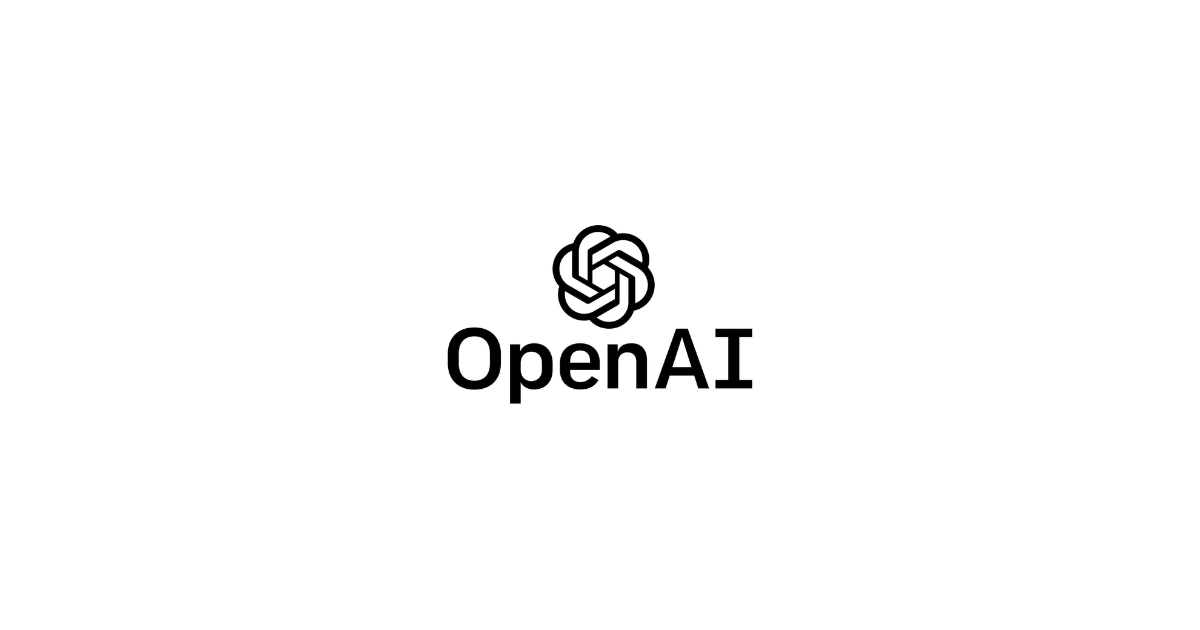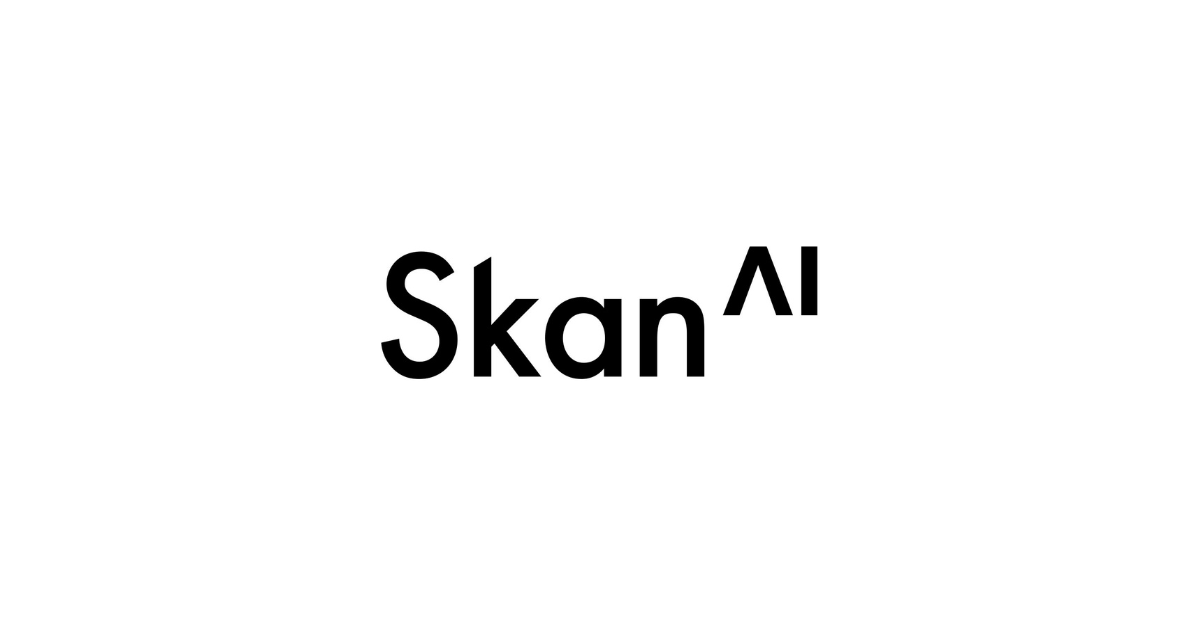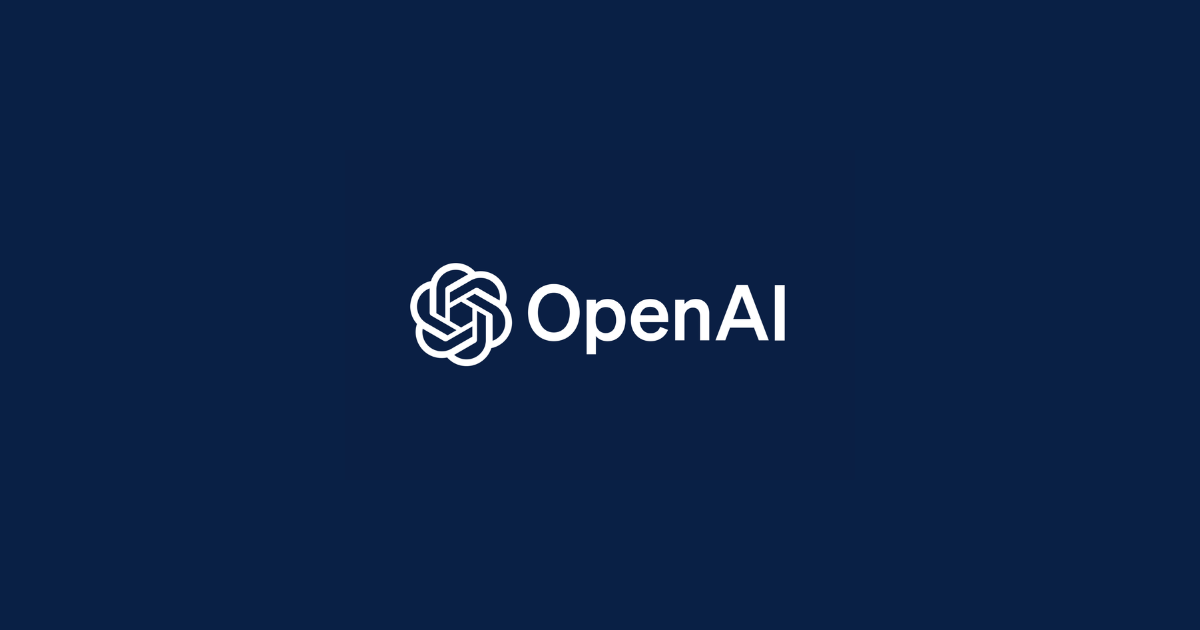Astrix Security Releases OpenClaw Scanner to Detect AI Agent Deployments
Astrix Security has launched the OpenClaw Scanner, a free tool designed to detect instances of the open-source AI assistant OpenClaw across enterprise environments, addressing security concerns over autonomous AI agents.




